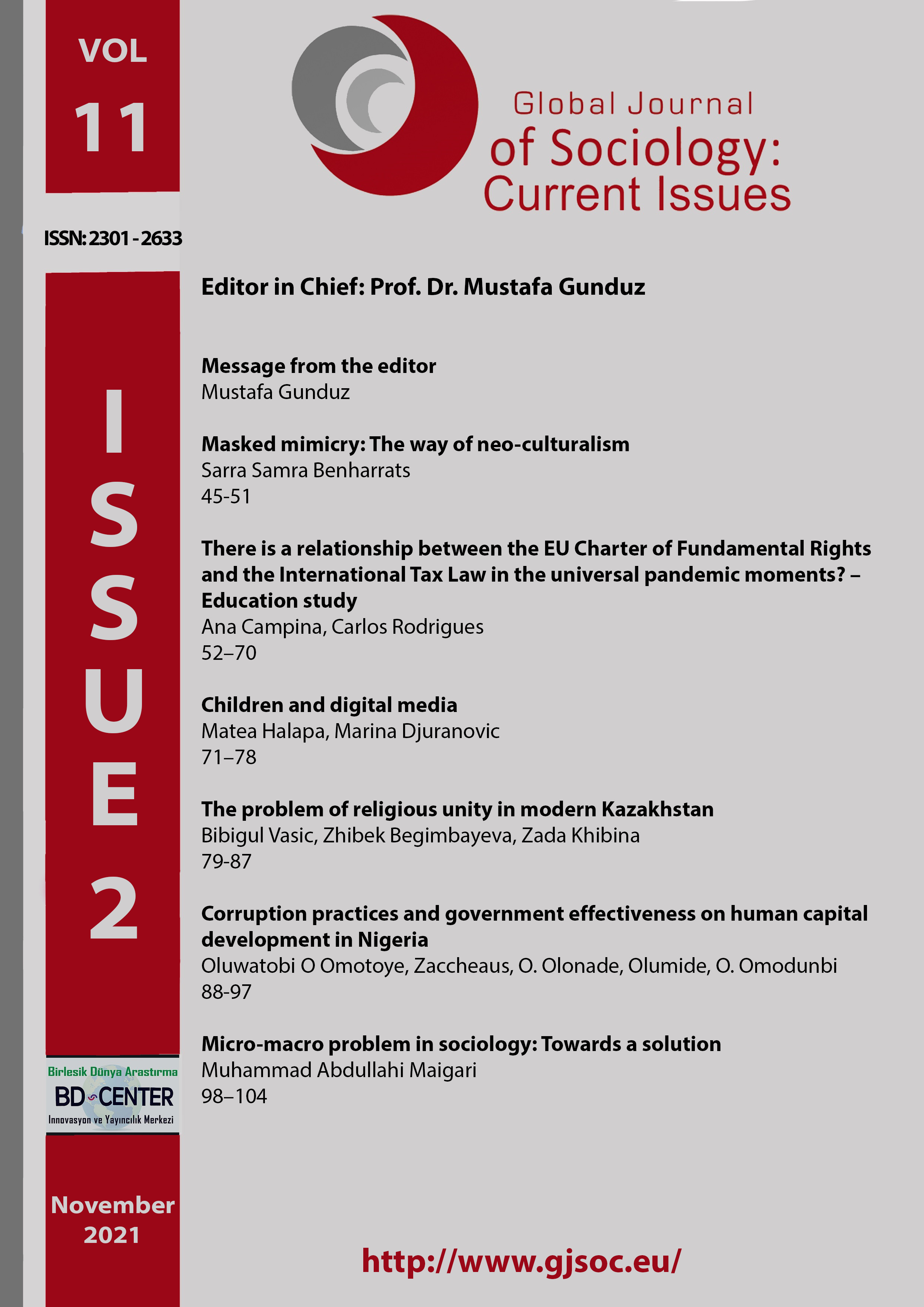Children and digital media
Main Article Content
Abstract
Digital revolution has transformed childhood very profusely. The goal of this work is to present the way digital technology influences education, in what way it shapes various dimensions of life and the identity of preschool children and the challenges upbringing parents are faced with. Numerous researches have indicated that digital media can be a worthy source of knowledge, encourage and develop various children's abilities and skills if they are used appropriately and under adult guidance. However, uncontrolled and excessive use of media in early children's age can potentially have extremely negative and harmful effects on the child's growth and development and endanger his/her health and happiness. Parents and other adults in charge of children’s care significantly affect children’s approach to the media and media content. This paper has concluded on the fact that social media has dual effect on the child; therefore, it is necessary to offer quality preventive programmes and workshops not only for parents and educators but also for children and youth.
Keywords: Digital media, education, parents, the child, digital revolution.
Downloads
Article Details

This work is licensed under a Creative Commons Attribution 4.0 International License.
Authors who publish with this journal agree to the following terms:- Authors retain copyright and grant the journal right of first publication with the work simultaneously licensed under a Creative Commons Attribution License that allows others to share the work with an acknowledgement of the work's authorship and initial publication in this journal.
- Authors are able to enter into separate, additional contractual arrangements for the non-exclusive distribution of the journal's published version of the work (e.g., post it to an institutional repository or publish it in a book), with an acknowledgement of its initial publication in this journal.
- Authors are permitted and encouraged to post their work online (e.g., in institutional repositories or on their website) prior to and during the submission process, as it can lead to productive exchanges, as well as earlier and greater citation of published work (See The Effect of Open Access).
